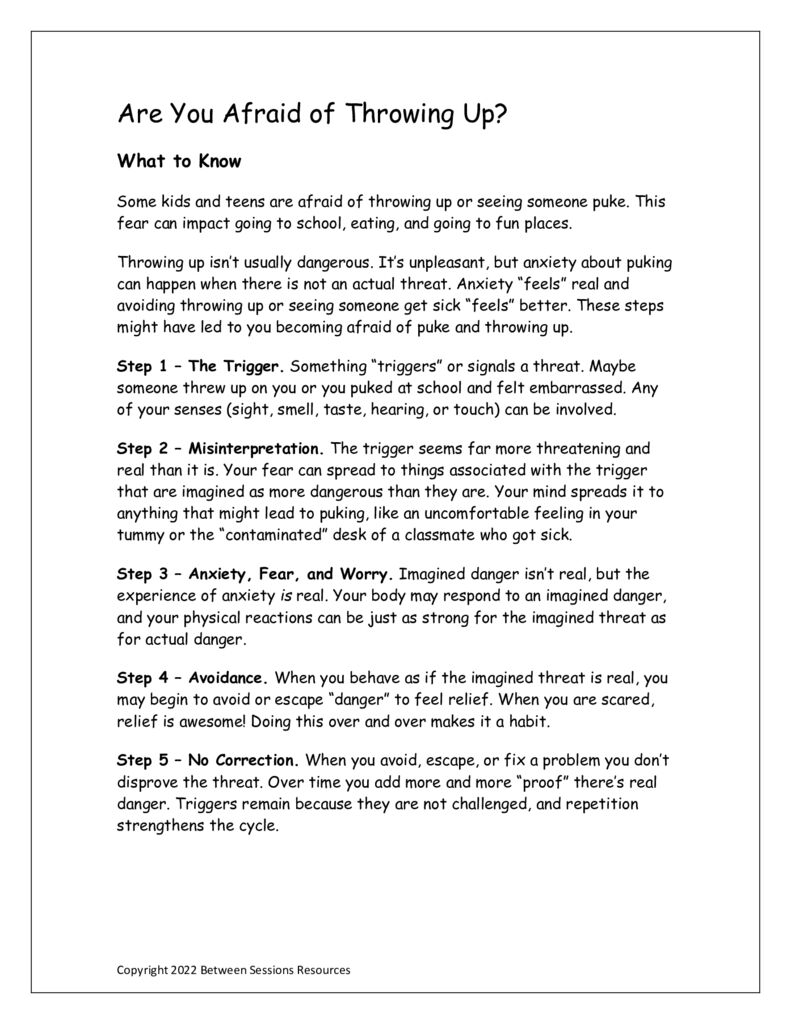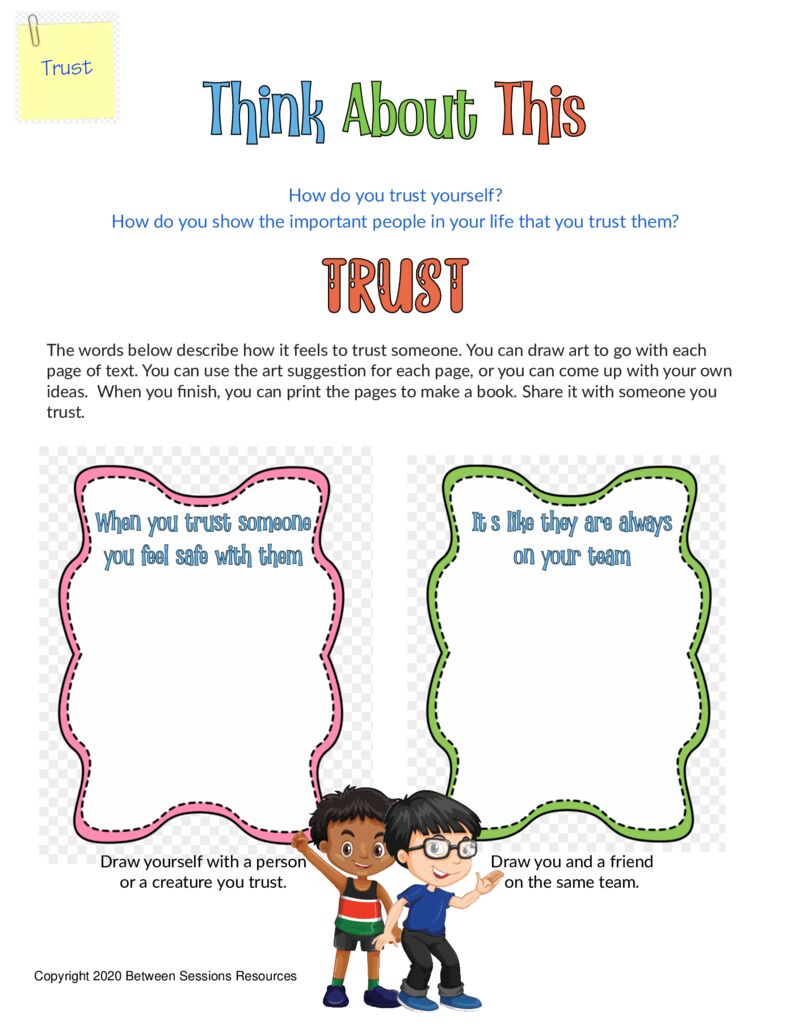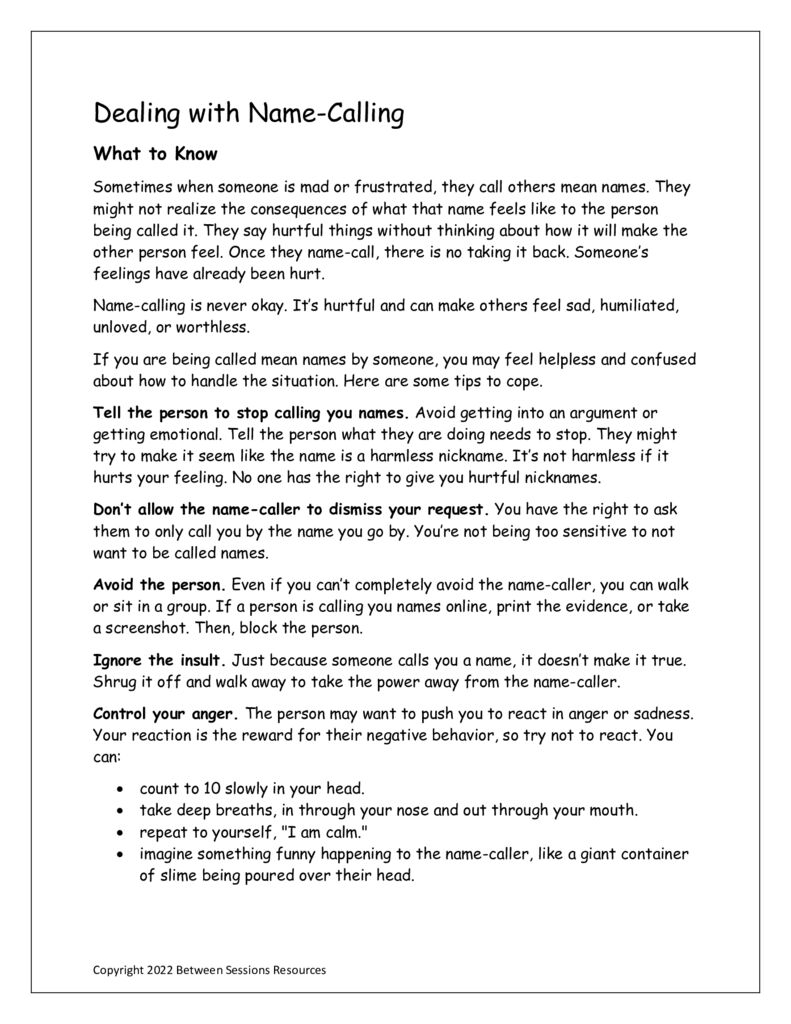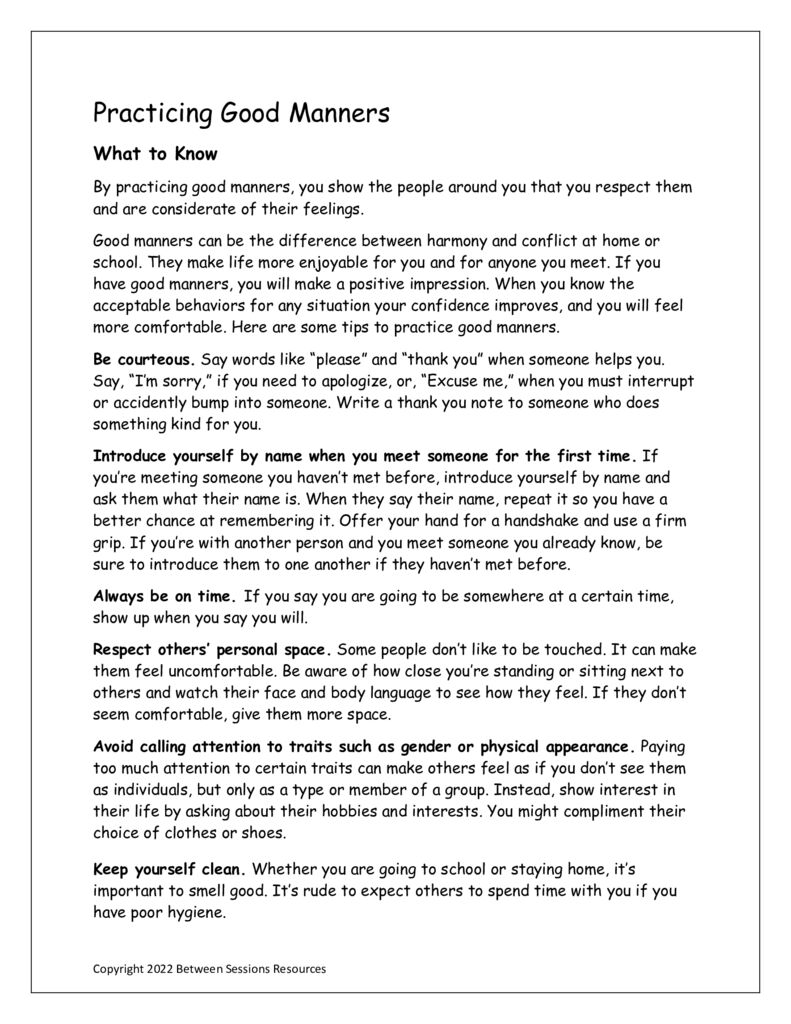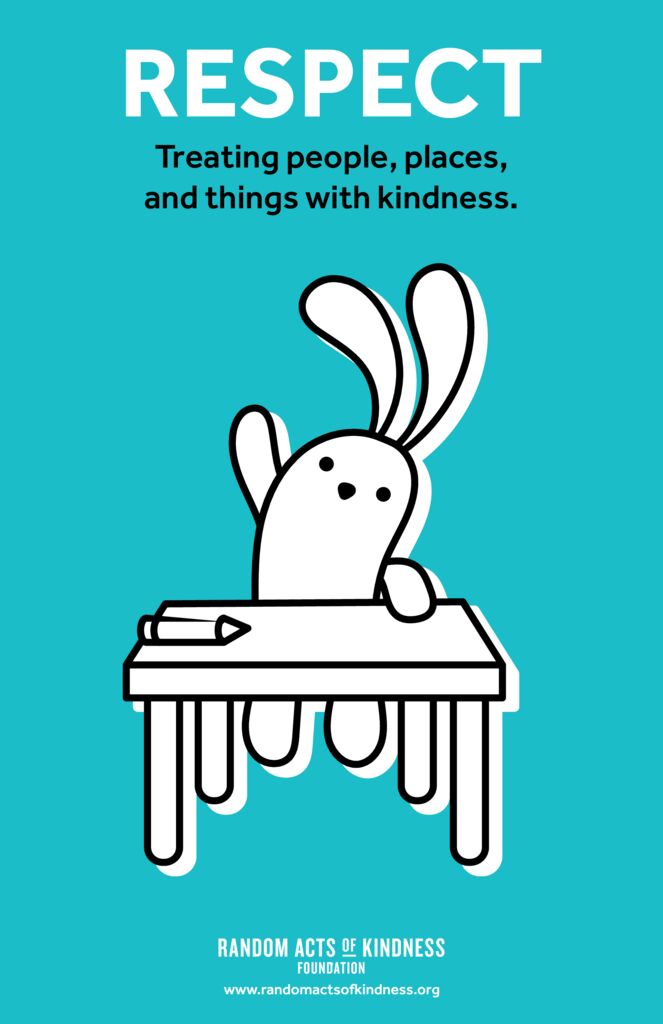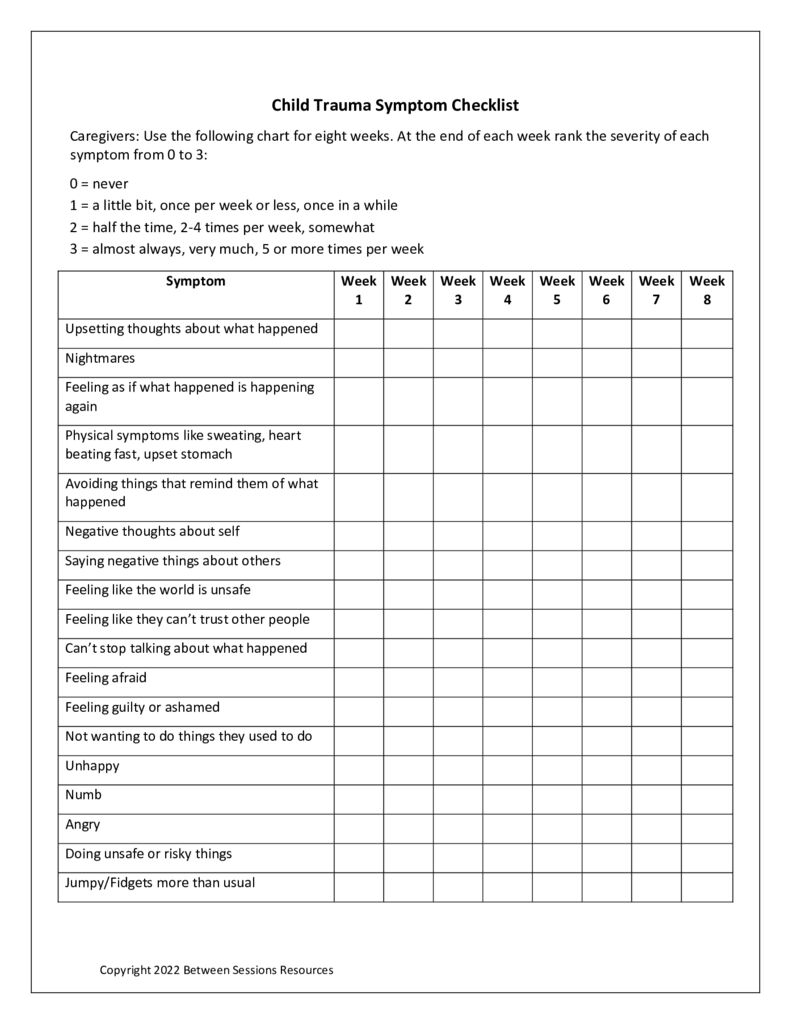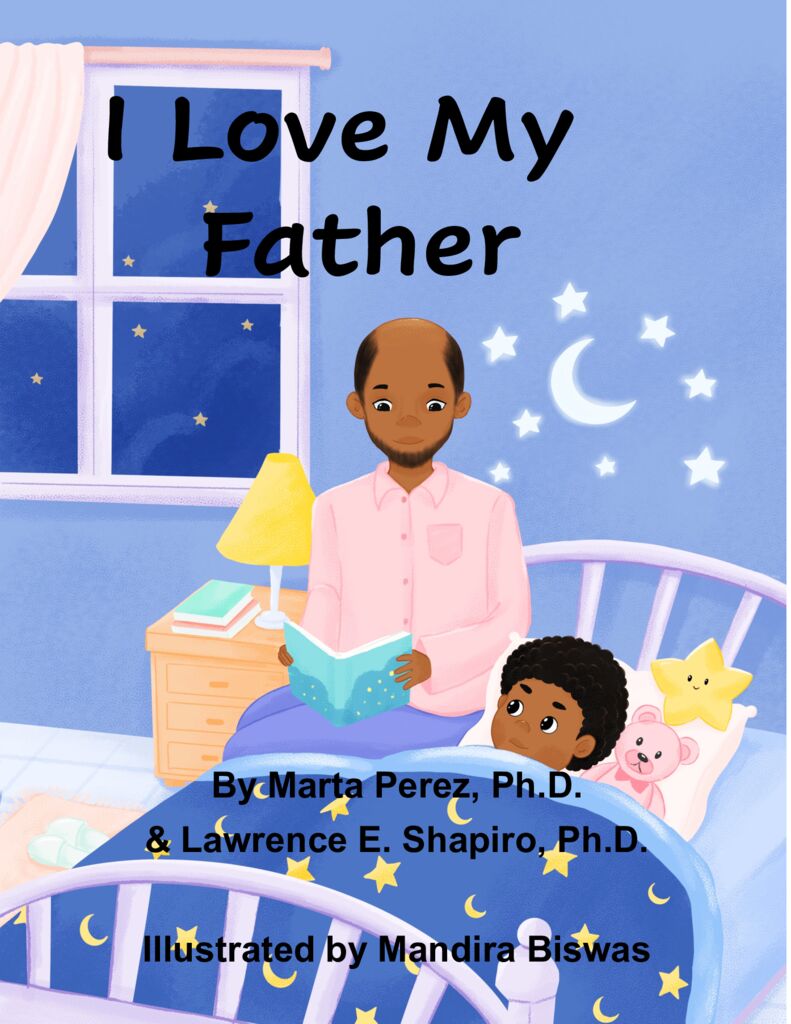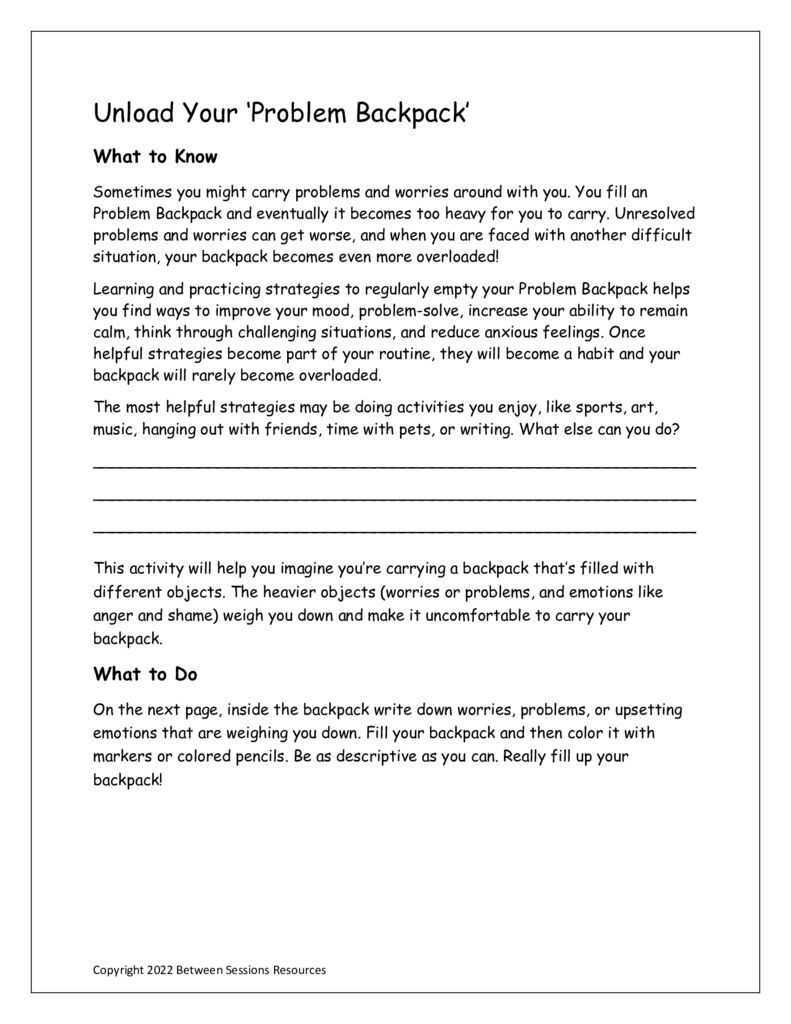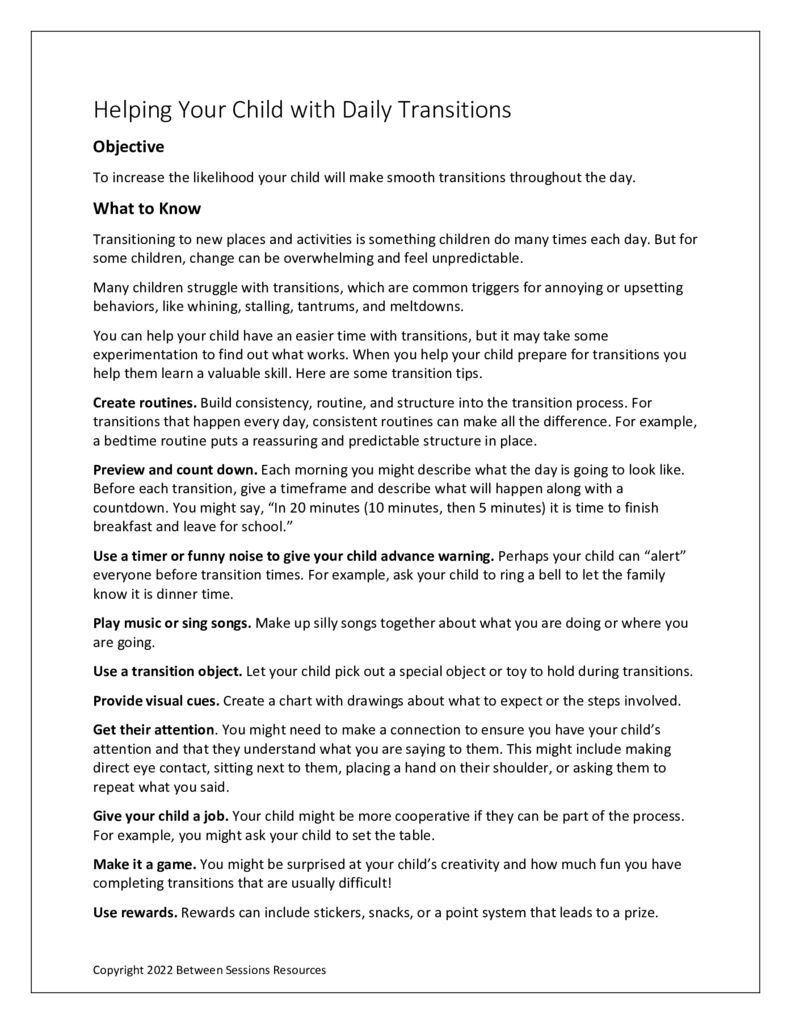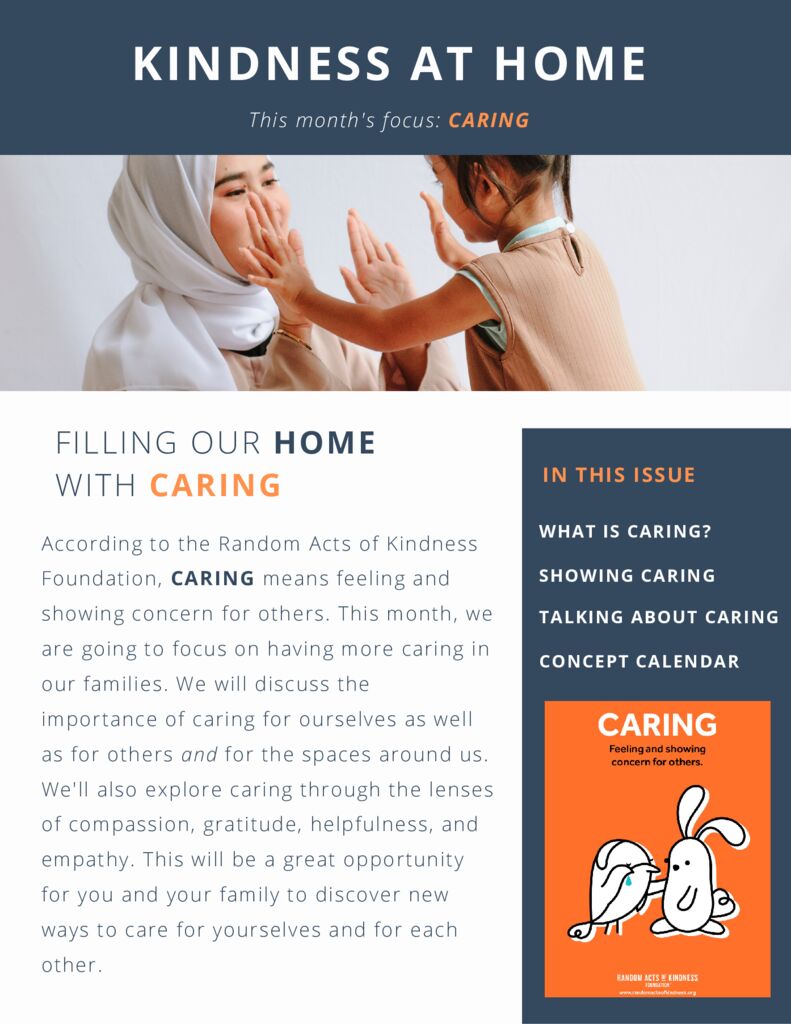Children learn best through play and we’ve kept this in mind while designing these original therapeutic activities for children, including worksheets, stories, and therapy games. Print these tools out for use in the home or classroom or use them in a counseling session.
Use the navigation links on the left of this page to view tools in a specific category. Or use the search function at the top of this page to find the exact tool you are looking for.
If you are looking for something you can’t find on this site, please let us know by clicking here and our team of writers, graphic artists, and therapists will custom design it for you.
This worksheet for older children and teens is designed to teach them the exposure method of conquering a fear of throwing up. (0922, phobia, vomiting)
This worksheet helps children understand the nature of trust. It asks them to identify people with whom they feel safe; people who are on their side; people who encourage them; and people with whom they can be themselves. It’s a great opportunity to talk to children about trust and what it means. (0822, trust, trauma)
This worksheet is designed to help children and younger teens deal with peers or siblings who call them names. It suggests six practical and effective ways to handle name-calling. It also contains questions to help kids or teens explore how they react to name-calling. (0722, teasing, behavior problems, sibling rivalry, bullying, Autism, ASD)
This worksheet is designed to help children understand the importance of having good manners in the home. It lists some important manners to show others that you consider their feelings. Questions ask kids and teens to consider how they would react in appropriate ways. (0422, ASD, ADHD, manners, behavior)
Designed by the Random Acts of Kindness organization, these six posters remind us that kindness comes in many forms and includes committing to values like respect, inclusiveness, responsibility, caring, integrity, and courage. The posters make great reminders of these character traits for use in a home or school.
This checklist can be used to keep track of symptoms that a child might be exhibiting due to trauma. The checklist asks a parent or caregiver to rate symptoms once a week on a 3-point scale. (0622, trauma, symptoms, PTSD, assessment)
This picture book for young children is designed to help children appreciate and express love for their fathers. It is also intended to help fathers understand how important they are in the lives of their children. (0622. family, parenting, fathers)
This worksheet asks kids and teens to think about the problems, worries, and upsetting emotions that are “weighing them down.” It uses the metaphor of a Problem Background to help kids and teens identify the thoughts and feelings that are causing them problems and how to let them go. (0622 , depression, anxiety)
This worksheet is designed to help parents of children who have a difficult time with daily changes that triggers tantrums, whining, and meltdowns. Twelve practical suggestions are listed for parents to try, including: making transitions a game, using positive reinforcement, and providing a transition object to teach kids self-soothing. A chart is provided to help parents keep track of which activities are most effective. (0522, parenting, ASD, Autism, ADHD, inflexible, behavior problems)
What could be more important than caring? This tool by RandomActsofKindness.org is designed to give families practical ways to support caring for others as well as self-care in the home. (0422, emotional intelligence, caring, self-care)

